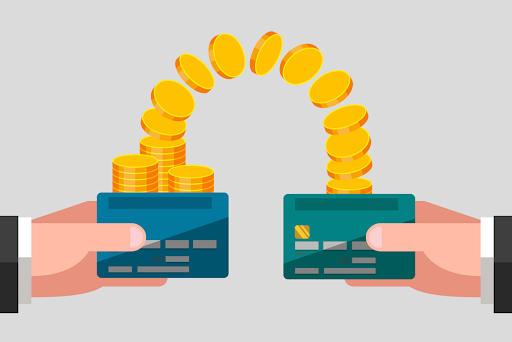In an increasingly cashless society, expanding your business’ payment options to include digital forms of payment can drive more traffic to your company while increasing cash flow and sales. Ensuring proper research into the eCommerce industry and different ways to accept digital payments can open your market up to a new section of customers. Additionally, making the switch to include digital payment forms might be easier than you think.
How Will You Accept Payment?
One of the first questions you may need to answer is how to accept credit card payments. Will you accept them online, in-store, or using a mobile reader? If your business is an eCommerce business and completely online, then you will accept card payments via an online service. If your business is at an actual physical location, then it is likely you will need to purchase some hardware and software to successfully accept card payments. You will also need to decide which major credit cards you will choose to accept at your business, between companies such as Visa, Discover, American Express, or MasterCard. Some cards charge swipe fees that can take a chunk out of your profits if you do not research them ahead of time.
Payment Processors and Payment Gateways
When a customer pays with their card, you may just be swiping the card or using the chip reader, but during those few seconds while the card is being processed, a lot is happening behind the scenes. For the card transaction to be approved, the credentials on the card will be reviewed to authorize the payment to your business. For this to happen, you need a payment processor working as a middleman.
There are two commonly used processors: a merchant account and a payment service provider. A merchant account requires a separate bank account to be opened strictly for the processing of credit cards, while a payment service provider serves as the middleman without the need for a bank account. Typically, payment service-providing companies also tend to offer lower processing fees per transaction than a merchant account does. Because of this, payment service providers tend to be more popular with small business owners. However, as your business grows and the volume of card transactions increases, perhaps making the switch to a separate merchant account could be beneficial.
If your business is accepting card payments online, then you will need to create a payment gateway to process the transactions. Depending on your agreement, this service may be included in your merchant account deal or through your payment service provider. It is important to thoroughly research the costs associated with accepting forms of payment online as typically you will notice a higher fee per transaction since the risk associated with not physically seeing the card is higher.
Mobile Payment Options
As technology has progressed, there has been a rise in mobile payment application popularity. Apps like Square can turn your mobile smartphone into its own point-of-sale machine. By purchasing the app and the associated card swipe reader or card chip reader, you can set up an account in a matter of hours, allowing you to run all credit card purchases straight through your personal device. While not ideal for larger businesses with a large volume of orders, point-of-sale apps like Square are very useful for small businesses such as concession stands, food trucks, or pop-up vendors.
Hardware and Software
Depending on your current system, it is likely that you will need to update your point-of-sale hardware and software in order to accommodate your new capabilities. With the rise of chip cards and contactless payment, a chip and tap reader may be a necessary installment, as well as the installation of payment software onto the computer system. Many payment service providers will include these necessary equipment updates as part of their services—yet another reason that many small businesses choose to work with them over a merchant account.
Because of the push toward a cashless society, the rise of digital forms of payment including credit cards, debit cards, and Apple Pay has become increasingly popular. If your small business has yet to begin accepting at least some of these types of payment, you are missing out on an entire section of the market and in turn more than likely missing out on sales. The number of customers who carry cash on their person on a consistent basis is few and far between. You do not want to be missing out on their purchases! Conduct research to be confident that you are getting the lowest fees and the best perks for whichever digital route you choose.


